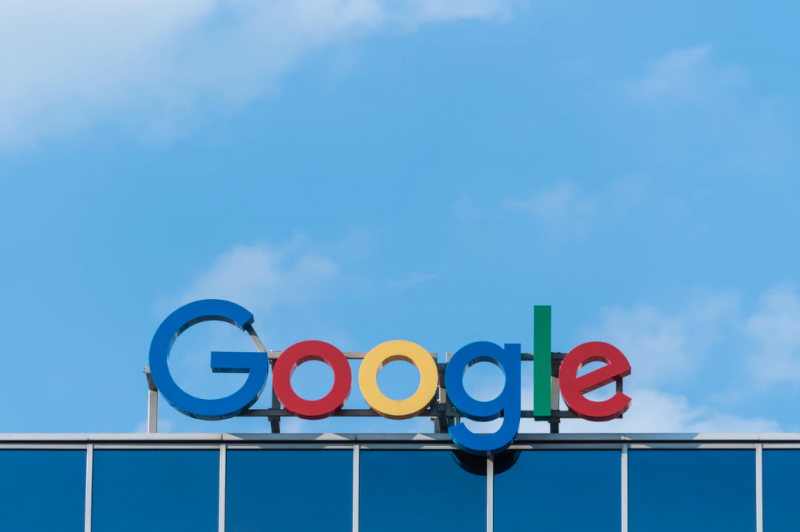Google insists ad-supported web will remain ‘healthy’ despite plan to phase out third party cookies
Google has insisted that a “healthy, ad-supported web” will still be maintained despite its plan to phase out third party cookies within two years.
The search giant confirmed the move yesterday as it reacts to demand for greater privacy.



When Google say they want to enhance privacy, what they really mean is protect their ad business while continuing to track users in chrome, android, analytics..
Browsers are about to become obsolete.
Apps and other newer products are taking market share for content discovery and usage.
Third party cookies are so ’90s. The EU digital privacy laws are the last nail in that little coffin. Google is simply trying to spin it as something altruistic they are doing… ha! There are heaps of other ways of fingerprinting individual users. These new methods are far more sneaky, sticky and efficient. So called “social media” long ago reached critical mass where they have more than enough data and affiliations to track users with or without cookies. You would be surprised at just what other stuff (besides cookies) modern browsers can store/view/alter on your devices.